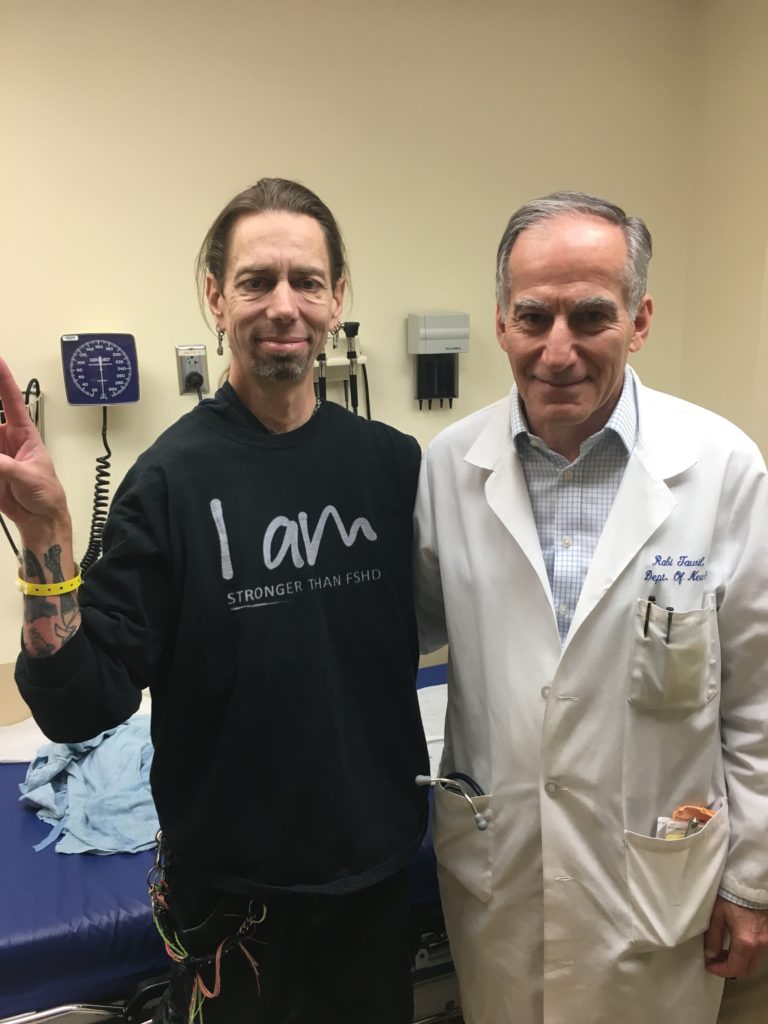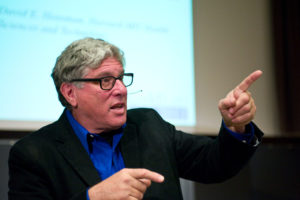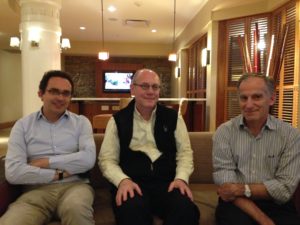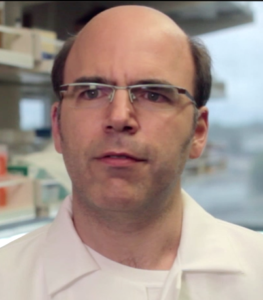
To crack the code of FSHD, patients are absolutely essential
All of the breakthroughs—the discovery of the genetic causes, understanding why some patients vary so greatly in the severity of their symptoms, teasing out the biochemical pathways that could point to future treatments—were made because patients stepped up to the plate.
Too often, we hear patients say they’ll volunteer when there’s a treatment. But we will never get to a treatment unless patients participate in fundamental research now. FSHD is uniquely human, so no laboratory mouse can ever fully model the disease. The genetic “package” that causes FSHD is found only in people. We owe an enormous debt to the patients who give DNA samples. Who submit to long interviews and exhausting physical tests. Allow a surgeon to cut out a small muscle sample. Who fight claustrophobia to lie in the narrow bore of an MRI machine.
Equally important are patients’ family members, both affected and unaffected, who provide the best experimental controls because of their shared genetic and environmental backgrounds. A parent or sibling who has very mild symptoms may hold the key to understanding the factors that protect against the full-blown development of FSHD symptoms in a more severely affected family member.
We are more hopeful today than ever before that a treatment is within sight. We cannot guarantee when that treatment will arrive, but here’s one thing we guarantee: If you volunteer for research, your participation will without question help move us a step closer to that day.
Scientific Overview of FSHD
Read the latest on wikipedia
Glossary of Scientific Terms
FSH Society Awards New Round of Research Grants to Support Critical Research on FSH Muscular Dystrophy
From PRWeb BOSTON, MA (PRWEB) JULY 24, 2015. The FSH Society, the Massachusetts-based charity that has transformed the science of the little-known and incurable disease, facioscapulohumeral muscular dystrophy (FSHD), announced a… Read More »
FSH Society grant awards for February 2015 cycle
$263,502 awarded Since 1998, the FSH Society has transformed FSHD research by providing grants for vital start-up funding for investigators in FSHD and research projects on FSHD. The milestones and insights gained… Read More »
Clinical Trial Readiness for Facioscapulohumeral muscular dystrophy
The FSH Society is co-funding the second FSHD Trial Preparedness Workshop. The Workshop, held from May 29-30, 2015, at the University of Rochester Medical Center in Rochester, New York, will convene… Read More »
FSH Society funds genome editing project
Genome Editing, or the ability to make designer changes to the human genome, was once firmly in the realm of science fiction, but recent discoveries have changed that. Although it… Read More »





